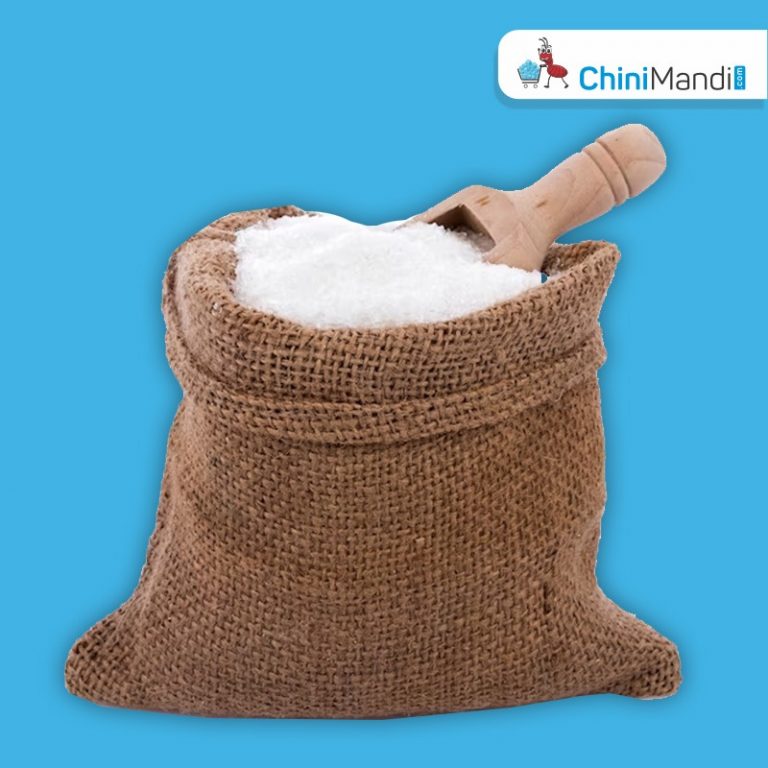
The petitioner, South Indian Sugar Mills Association, Karnataka, challenged the notification from the Union of India that mandates 20 percent of sugar production be packaged in jute bags from raw jute produced in India, effective until September 30, 2024. Uday Holla, the Senior Counsel representing the petitioner, argued that the Standing Advisory Committee, during its meeting on July 21, 2022, had exempted the packaging of sugar in jute bags. He further contended that the Industrial Toxicology Research Centre has found jute batching oil to be tumorigenic.
Aravind Kamath, the Additional Solicitor General representing the Union of India, argued that the notification in question is in accordance with Section 3 of the Jute Packaging Materials (Compulsory Use in Commodities) Act, 1987 (referred to as the “Act, 1987”). Section 3 empowers the Central Government to direct that certain commodities or classes of commodities, or a certain percentage thereof, be packed in jute packaging material for purposes related to the supply or distribution of such commodities, in the interest of promoting the production of raw jute and jute packaging material. Therefore, according to him, the impugned notification cannot be interfered with unless found to be arbitrary or discriminatory. He further argued that the notification dated 4th August 1996 prescribes the maximum permissible limit for the use of batching oil in the manufacture of textiles.
section 3 of the Act, 1987, authorizes the issuance of notifications mandating the packing of commodities, including sugar, in jute bags based on the recommendations of the Standing Advisory Committee. The impugned notification was issued pursuant to the recommendation of the Committee, which suggested that 20% of the sugar produced may be packed in jute bags.
According to the orders, it is noteworthy that the requirement to pack 20% of sugar in jute bags is not applicable to bulk packaging exceeding 100 kilograms or to packaging for export of commodities; it applies only to the distribution and sale of sugar within the domestic market. Sugar is highly sensitive to moisture, which can cause it to clump, harden, or dissolve, thereby affecting its quality and shelf life and potentially leading to contamination. Since jute is a porous material and can absorb moisture from the environment, and the batching oil which is used for manufacture of jute bag is tumorigenic, the petitioner has made out a prima facie case for the grant of an interim order. The operation of the impugned notifications dated 26.12.2023 at Annexure-A and dated 28.6.2024 at Annexure-B issued by respondent are stayed till the next date of hearing.





